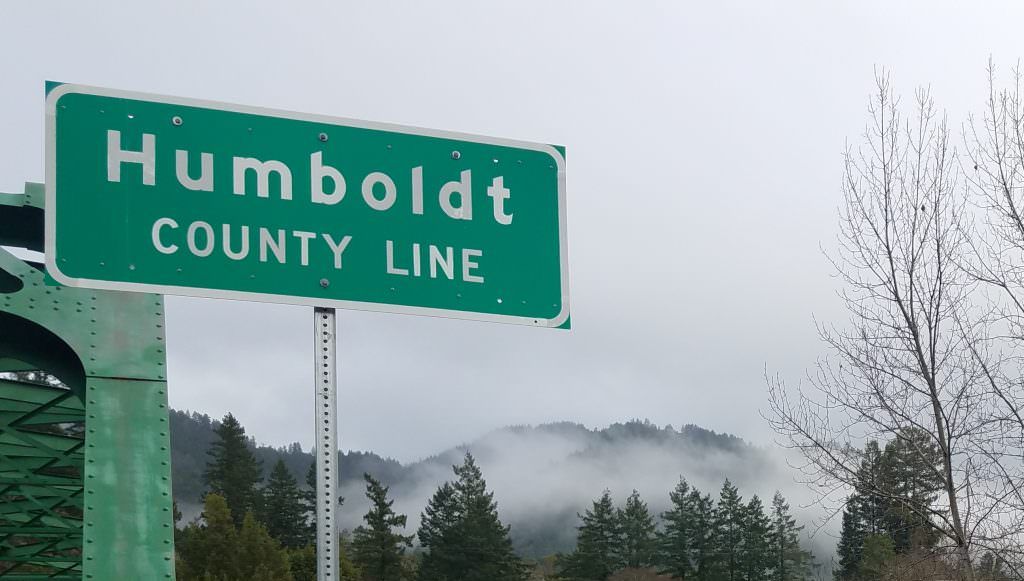California Gov. Gavin Newsom announced during his state of the state address on Tuesday that the National Guard has been tasked with eliminating unlicensed cannabis farms, a move welcomed by the state’s legal marijuana growers.
“We applaud (Newsom) for allocating resources to eliminate very destructive and dangerous trespass grows,” Terra Carver, executive director of the Humboldt County Growers Alliance (HCGA), wrote in an email to Marijuana Business Daily.
“These operations are typically on public lands, use extremely harmful pesticides and are run by organized crime,” added Carver, whose group represents state-licensed cultivators in California.
Some of those troops will be “redeploying up north to go after illegal cannabis farms, many of which are run by cartels, are devastating our pristine forests and are increasingly becoming fire hazards themselves,” Newsom said.
The move includes 150 troops who will be assigned to the National Guard Counterdrug Task Force, according to a news release from the governor’s office.
Another 100 National Guard personnel will target “criminals smuggling drugs and guns through existing border checkpoints,” Newsom said.
Newsom also sent a letter to acting U.S. Secretary of Defense Patrick Shanahan requesting more federal funding for the state’s National Guard Counterdrug Task Force to ramp up the fight against international cartels.
Hezekiah Allen, a longtime industry activist-turned-businessman, pointed out in an email to MJBizDaily that small businesses in the state that have not been able to obtain a permit because of zoning restrictions or outright bans at the local level need incentives and support.
“Large, well-capitalized operations that have ignored the changing regulations or businesses that clearly have no intention of complying, like those operating on public lands or those abusing their workers, should be the highest priority (for elimination),” Allen wrote.
John Schroyer can be reached at johns@mjbizdaily.com





